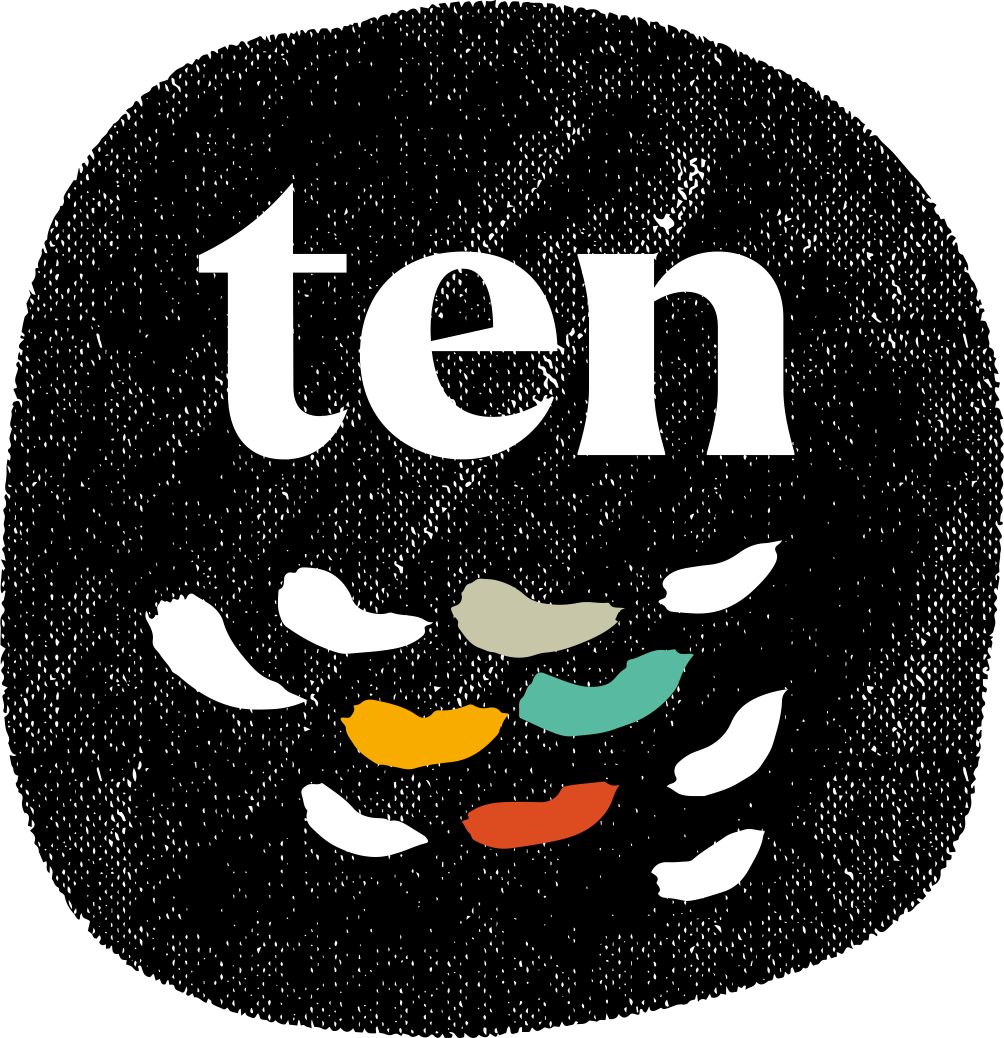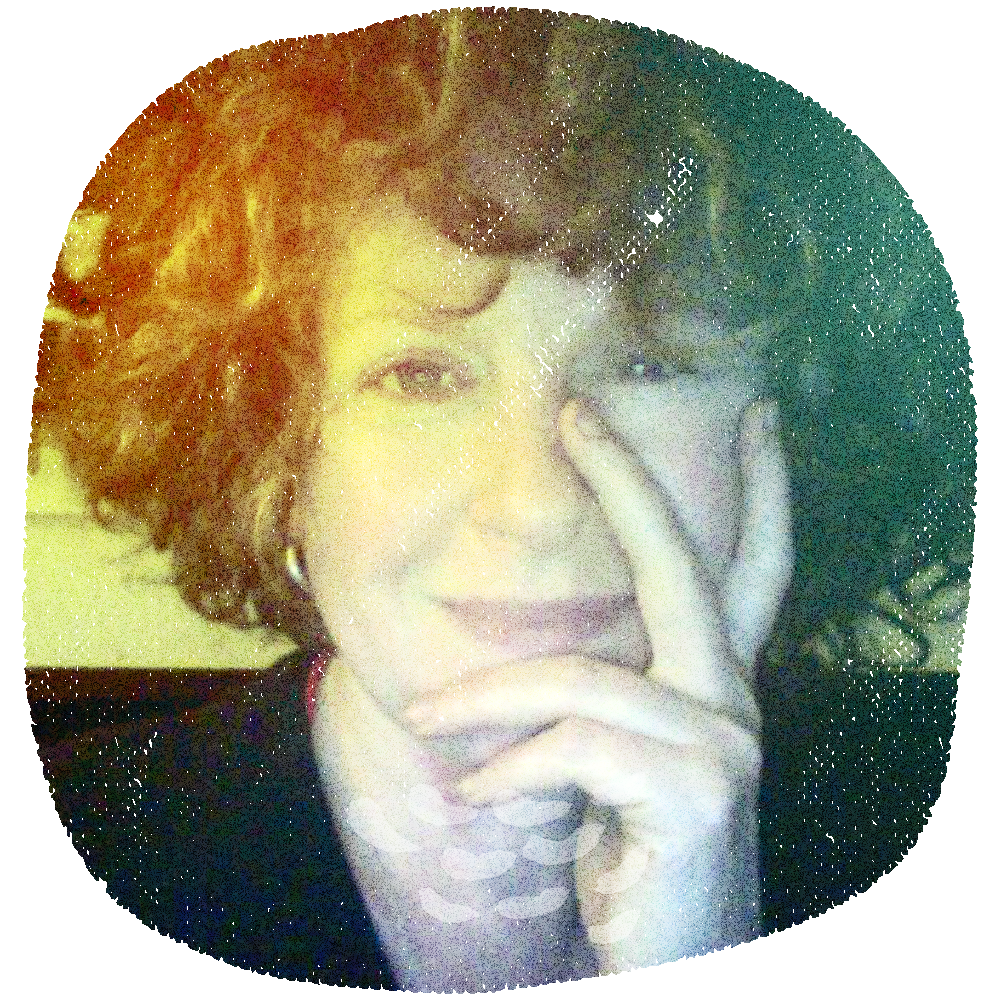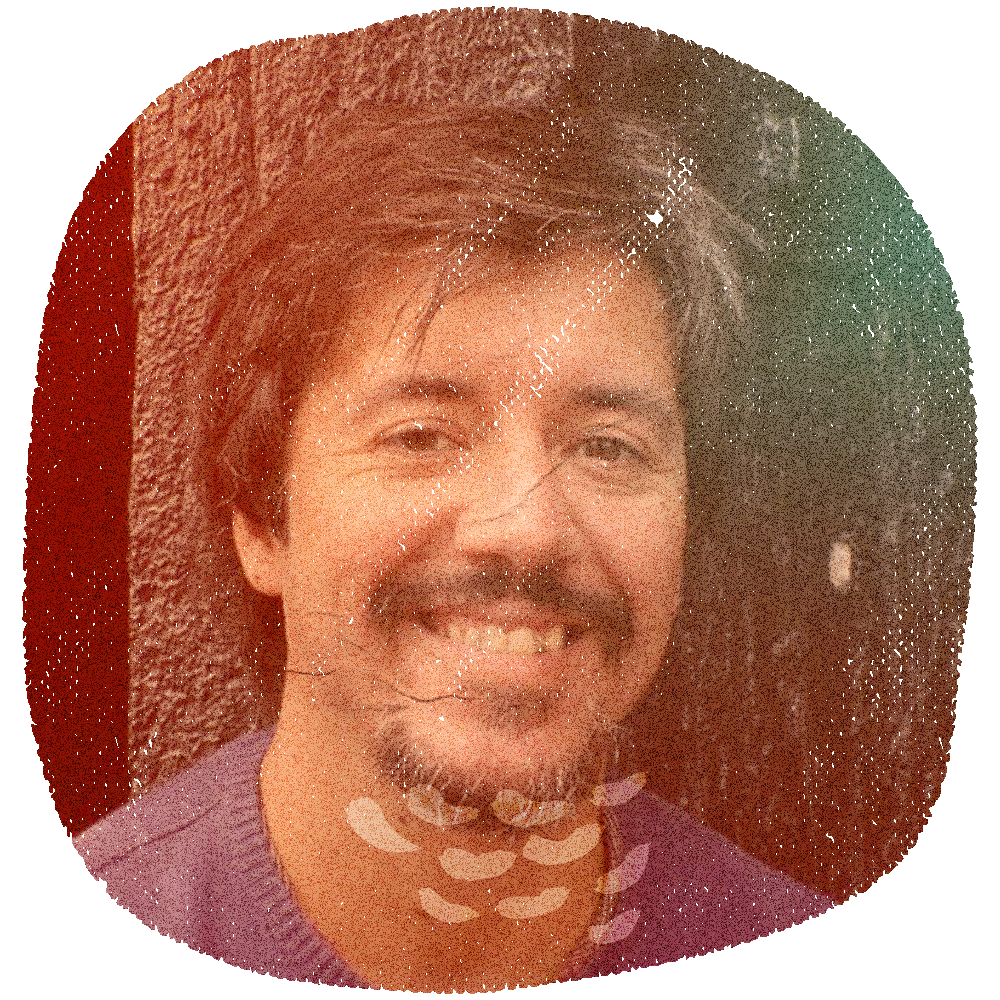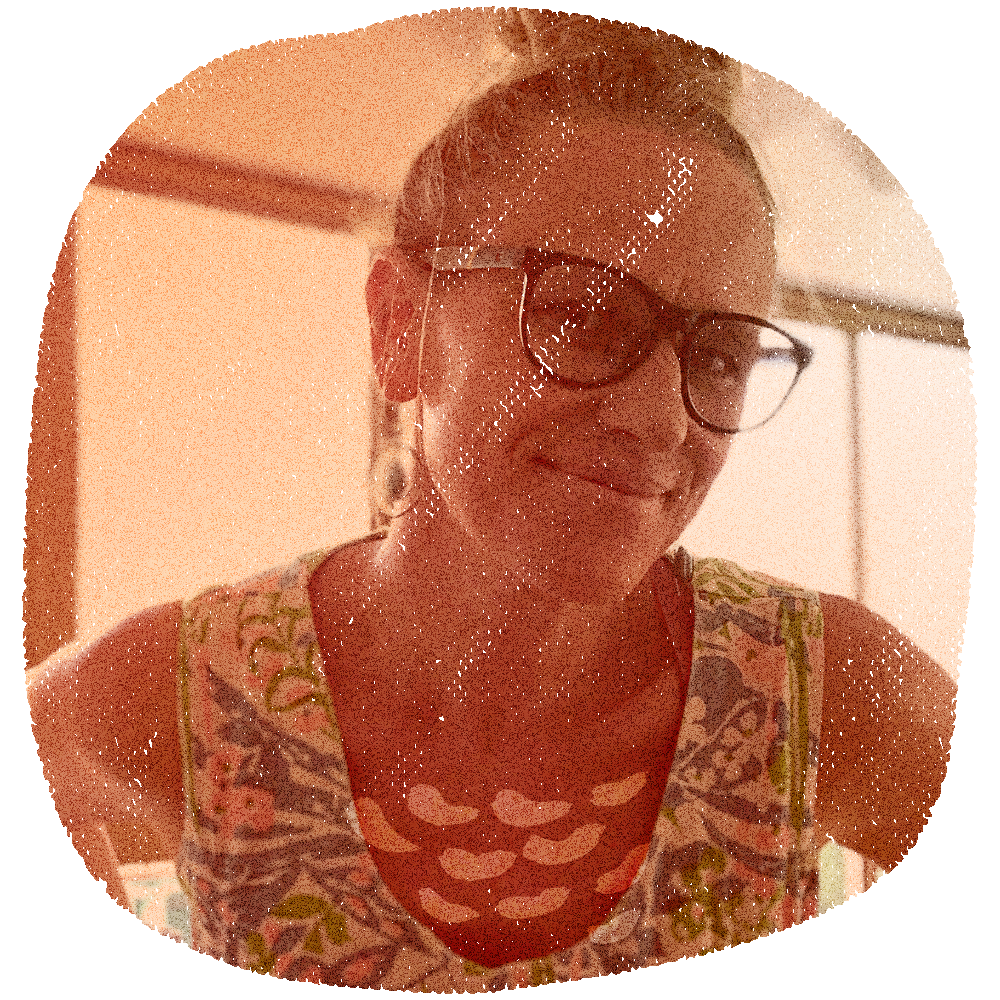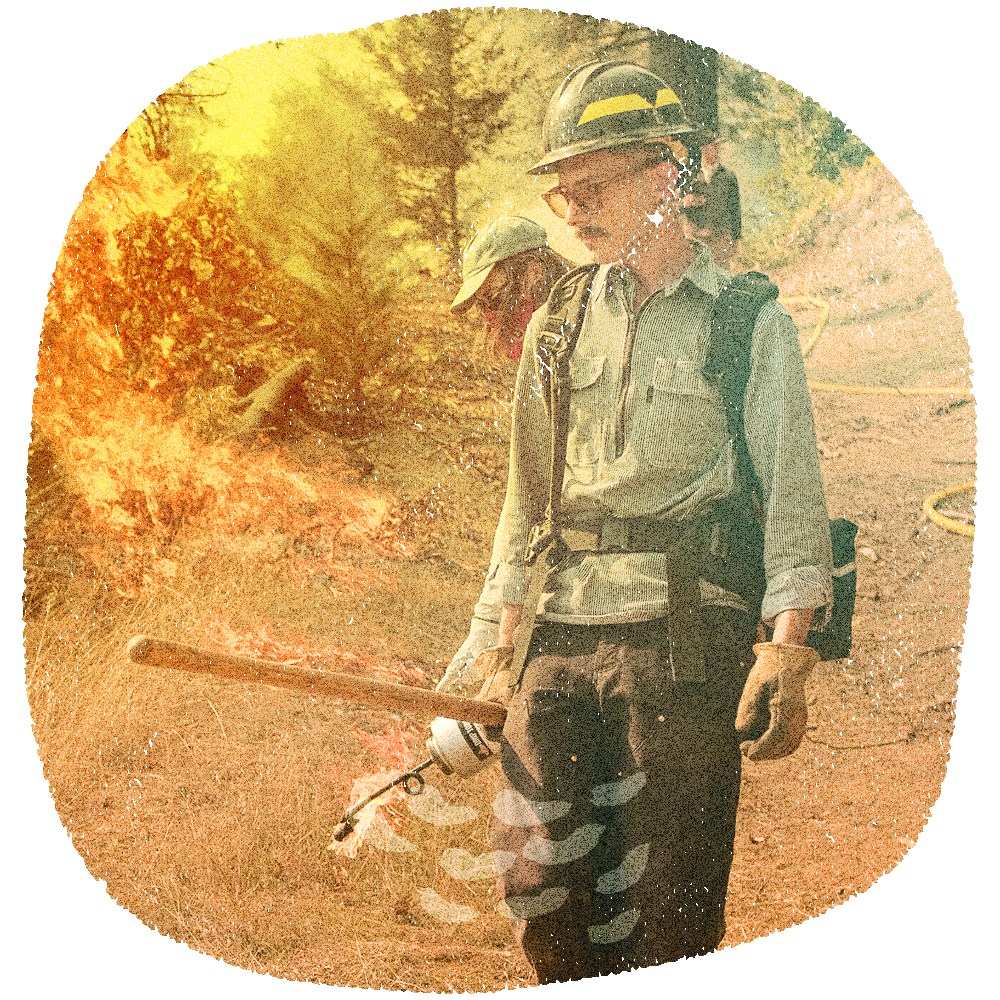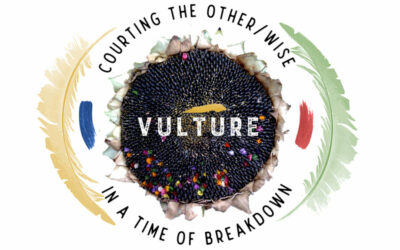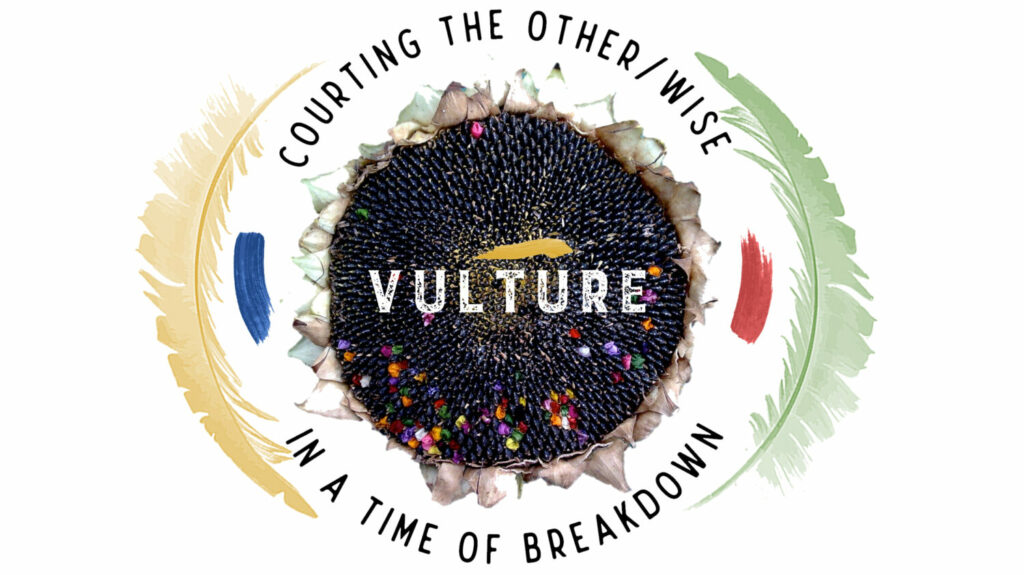

Vulture Project Description
Vulture [past ten events] Vulture offered participants a different shape of hope: hope not in solutions or saviours but in the smell of soil, the migration of birds, and the intense beauty of seeing each other dance at the edge of things. Vulture was an on and...
Vulture Harvest: The Slow Conversation
Vulture [ten artifacts] Vulture offered participants a different shape of hope: hope not in solutions or saviours but in the smell of soil, the migration of birds, and the intense beauty of seeing each other dance at the edge of things. Vulture was an on and off-line...
Vulture Harvest: Stories of Going Feral
Vulture [ten artifacts] Vulture offered participants a different shape of hope: hope not in solutions or saviours but in the smell of soil, the migration of birds, and the intense beauty of seeing each other dance at the edge of things. Vulture was an on and off-line...
Vulture Harvest: The 3D’s Gallery
Vulture [ten artifacts] Vulture offered participants a different shape of hope: hope not in solutions or saviours but in the smell of soil, the migration of birds, and the intense beauty of seeing each other dance at the edge of things. Vulture was an on and off-line...
Courting the Other/wise
Vulture [ten artifacts] Vulture offered participants a different shape of hope: hope not in solutions or saviours but in the smell of soil, the migration of birds, and the intense beauty of seeing each other dance at the edge of things. Vulture was an on and off-line...
artifact
Intention

The essence of Vulture was about staying with the breakdown and noticing what happens when we remain present to decomposition, destruction and even violence. The course was about cultivating space for grief, for slowing down, for care in the collective. One core practice was around naming what is emerging from breakdown and then dancing with what was coming forth, or staying silent and listening to / for / with those energies. It invokes images of nutrients released through composting or the important cleansing and digestive work that vultures and other scavengers offer in our ecosystems. How might human beings be involved in hospicing generative breakdowns at this time?
artifact
Memories
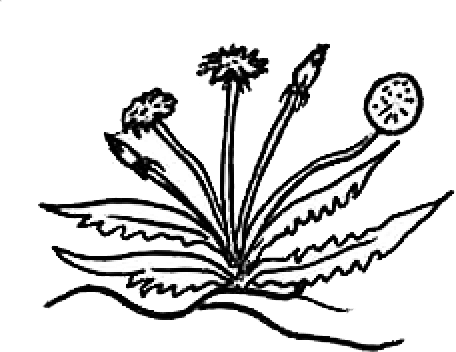
It all felt new. It was exciting to be manifesting something in ten after six months of meeting and talking and cultivating the organizational culture of the network. I remember feeling a little overwhelmed by all the possibilities in the beginning. I remember breaking sticks and bark into an empty pizza box in my brother’s guest bedroom in San Francisco for the Dancing with Destruction session. I remember donning a wedding dress for the Marrying the Otherwise module. I remember making weird art with real-life jiordi at my home during the final class.
artifact
Essence
The essence of Vulture today might be ongoing decomposition… trusting in the fact that everything just continues and continues to break down until it is refashioned in some way by human, or more-than-human, or not-at-all-human forces, to take a new form. The essence also arises in the practice of sitting with the unfinished: remembering that there is value in that which is not-yet (and may-never-be) done… that which is unraveling and never-tied-up-with-the-neat-bow… in the partially digested. The essence of questions also persists. The need for these spaces feels even more pressing than ever, while perhaps the capacity to engage in them is decreasing. The essence in ten is kind of a black hole: dark, loamy and compost-y – gesturing towards some strange, unseen possibilities.
artifact
Arisings
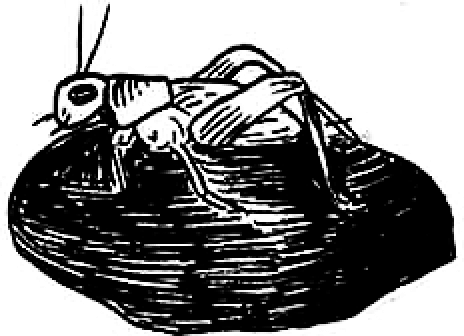
Powerful explorations, emotions and brave sharing arose from Vulture. The course offered people the opportunity to deepen into their practice of staying with the trouble in pretty practical ways. What arose was a group of people practicing staying with breakdown, getting curious about the Otherwise, the animist, the void and feeling into the grief present in our lives and in the spaces between us.
